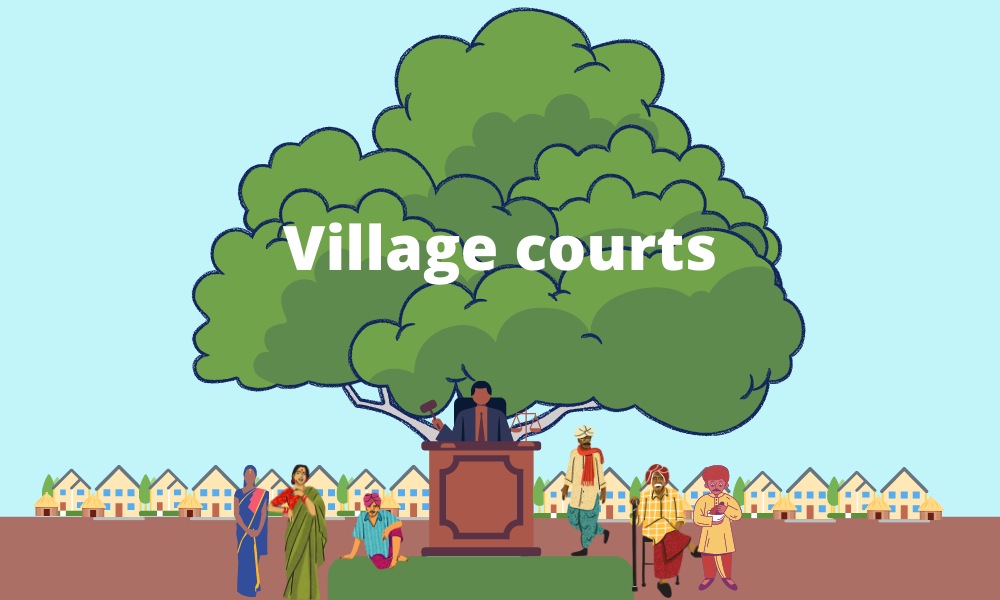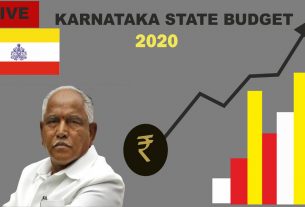Out of 476 sanctioned Gram Nyayalayas, only 256 are functioning in 10 states.
Despite being one of the promoters of Gram Nyayalayas, Karnataka has so far failed to establish appropriate village courts and maintain the infrastructure of those that already exist. As per state government and high court information, there are 476 Gram Nyayalayas in 15 states out of which 256 are functional in 10 states.
Karnataka is among those few states that have notified only two gram nyayalyas.They are in Chikaballapur and Gauribidananur taluks of the Chikaballapur district. Harsh Raj Dubey, second civil judge/ judicial Magistrate, first class, Madhya Pradesh (MP) said that the reason behind the failure of Gram Nyayalayas is not only the typical limits of funding and state capability. He added that there has been some hesitation on the part of police officers, advocate, and other functionaries to refer cases to these Nyayalayas.
However, a larger issue appears to be the fact that several states have built regular courts at the Taluk level over the years, reducing the necessity for such institutions, Dubey added.
Chandrashekhar, a Bangalore-based lawyer, said that Bangalore’s rural courts highlighted a sad reality as they are overcrowded with cases of land and property disputes at the village level. He added that to solve these disputes there is lack of staff in courts.
Gram Nyayalayas were to be mobile courts presided over by Nyayadhikaris. The Nyayadhikaris are judicial officials who work as the equivalent of Judicial Magistrates of the First Class.
Dubey said that there were certain limitations on the part of the MP Government as well. They could not achieve the target of appointing the Nyayadhikaris which is adding to the currently existing problem of implementation, he added.
The National Data Judicial Grid Dashboard says that a total of 1, 45,284 cases pending in Bangalore rural district as of today. In which 52.28 percent of cases are civil suits, 38. 16 per cent of cases are warrants or summons in criminal cases and other types as well.
Daksh a civil society organization and Bengaluru’s Vidhi Centre for Legal Policy researched the litigation landscape of Bengaluru rural courts. As per the report land acquisition cases in the Bengaluru Rural area take the longest to resolve in court, taking an average of 6.5 years, significantly longer than any other category of cases.
Smitta Mutt, a research associate at Daksh, said, “Litigation cases are not only between two people as they exist from generations and hence enough time is required to listen and cross-question the arguments of both the parties.” She also said these things can stretch the process for years.
Gram Nyayalayas, or village courts, were formed in India under the Gram Nyayalayas Act of 2008 to provide quick and simple access to justice in rural regions. The Act became effective on October 2, 2009.




